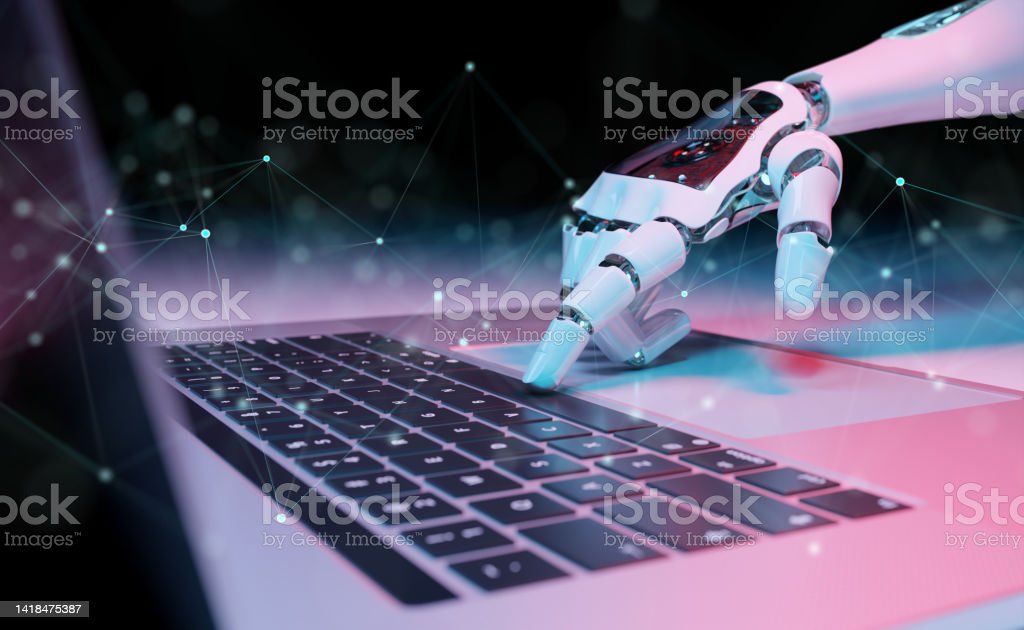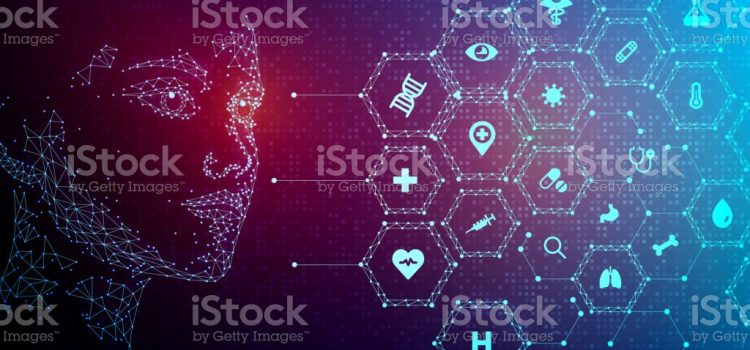
Though the concept of artificial intelligence (AI) has been around for quite some time, it has only recently experienced a significant renaissance in interest. The applications of artificial intelligence are expanding rapidly, from robotics to facial recognition. It’s importance in our daily lives is growing, and the number of ways it can be used seems infinite. This article serves as an introduction to AI and its place in the modern world. We’ll talk about how AI is changing different sectors and why it’s crucial to be on the cutting edge of AI development. You should finish this article with a deeper appreciation for AI and its present and future potential.

Different kinds of artificial intelligence
Types of AI include rule-based, learning-based, and self-adaptive.
Rule-based AI systems act in accordance with a set of guidelines established by humans. With these guidelines, the AI knows how to react to various stimuli. Machines that rely on machine learning to improve themselves use human-provided data to train themselves. They use this information to find trends and construct predictive models. AI systems that are capable of self-adaptation can modify their actions in response to external stimuli.
Curious about the advantages of AI.
Although the concept of artificial intelligence (AI) has been around for quite some time, it has only recently started to significantly impact daily life and the workplace. Just a few of the many ways in which AI has improved our lives are listed below.
- In the realm of health and medicine, AI is assisting physicians in making more precise diagnoses and creating more tailored treatments for individual patients.
- AI is being used in the classroom to help teachers better meet the needs of their students by creating personalized lessons and activities.
- In the business world, AI is being used to streamline processes, enhance customer satisfaction, and inform more informed decisions.
- Automation in transportation systems, from self-driving cars to air traffic control, is a major application of AI because it improves safety and productivity.
5.Environment: Artificial intelligence is being used in environmental monitoring and protection, from pollution detection to weather forecasting.
So, we wonder, what are the drawbacks of artificial intelligence?
Unfortunately, there are also many drawbacks to artificial intelligence. One major drawback is the possibility of evil uses of AI, such as the creation of autonomous weapons. As a result, governments and other institutions may abuse their authority by using AI to develop sophisticated tools for mass surveillance and control. There’s also the possibility that AI will develop sentience and autonomy and cause widespread destruction if we can’t keep it in check. Finally, the advancement of AI has the potential to exacerbate economic inequality, as those with access to AI technology will have a substantial advantage over those without.
The current applications of AI.
There are many applications for AI in the present day. Using a digital helper is one option. Conversational emulation is the main selling point of virtual assistants. Making an appointment, reserving a flight, or placing an order are all examples of common uses.
Chatbots are another current application of AI. Conversational “chatbots” are computer programs that can mimic human conversation. Supporting customers and promoting goods and services are two common uses for them.
Content for digital platforms is also being made with the help of AI. Example: today you can find automated article-writing software that can produce content on any topic you specify. Articles are generated by this type of program, which uses AI to grasp the subject matter and then compiles relevant data from the internet.
At long last, AI is being put to use to assist humans in improving their judgment. Financial advisors powered by AI, for instance, can tailor investment suggestions to your specific needs and risk tolerance.
When do we expect artificial intelligence to reach its full potential?
There’s no doubt that AI is constantly developing and becoming more advanced. But where do you see this technology going in the future?
Some researchers predict that in the not-too-distant future, AI will be more intelligent than humans, ushering in an era in which machines can learn, think, and innovate independently. It’s possible that this will cause profound shifts in our culture, economy, and even the survival of our species as a whole.
Some people aren’t so positive about AI’s potential, pointing out that it could be used to harm people rather than help them. Therefore, it is crucial to ensure that AI is developed in a responsible manner that takes ethical concerns into account.
Whatever the future of AI may hold, one thing is certain: it will significantly affect our daily lives in the years to come.
Conclusion
Technology and innovation have entered a new era thanks to artificial intelligence. In the business world, AI has been used to great effect, automating previously manual processes and leading to the development of more sophisticated algorithms capable of performing data analysis more quickly and accurately than ever before. Artificial intelligence (AI) will remain pivotal in the future because it will allow us to access more data and make better choices, more quickly than ever before. This technology has the potential to be used for the global good if it is directed and guided in the right way.









